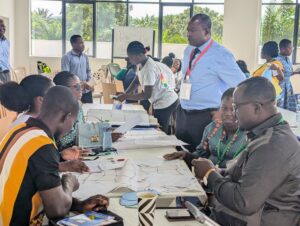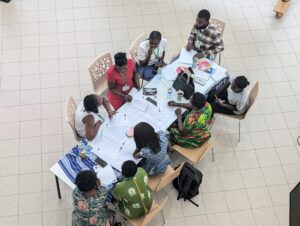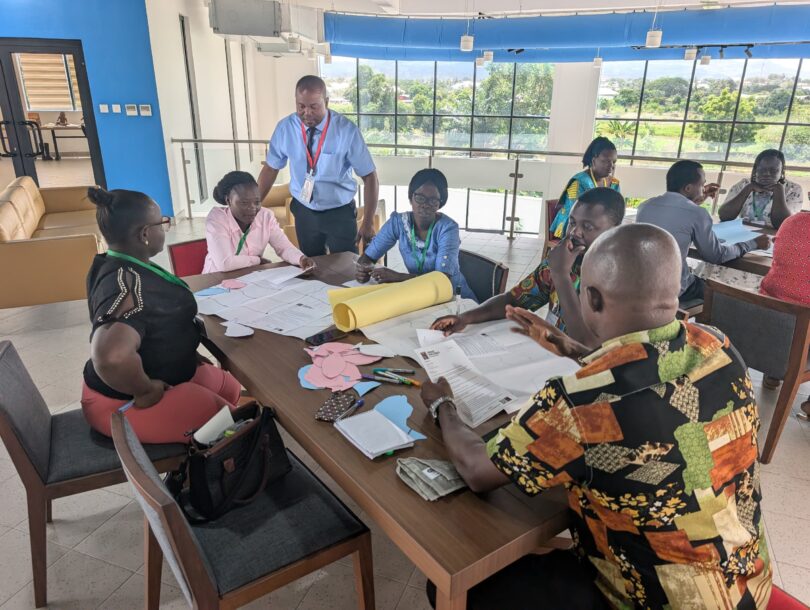Story By: Joseph Nana Yaw Cobbina
To incorporate health systems into Ghana’s strategy against human trafficking, Engage Now Africa and Ensign Global University have organized a specialized workshop designed to empower health professionals in the prevention and combat of human trafficking.
The one-day workshop, conducted at the Centre for Leadership, Innovation, and Prosperity at Ensign Global University, marked the first of its kind in Ghana and West Africa, focusing specifically on training healthcare workers for this critical purpose.
Under the theme “Public Health Approach: The Missing Link in Preventing and Combating Human Trafficking,” the session aimed to enhance awareness, build capacity, and promote intersectoral collaboration in addressing this crime.

Ghana Takes a Step Forward in Combating Human Trafficking with Health Professionals’ Workshop
Organizers noted that trafficking victims “often face significant challenges when dealing with authorities, who may not fully understand their situation or provide adequate support.”
Mr. Afasi Komla, the Director of Engage Now Africa, introduced the public health framework as a vital yet frequently overlooked tool in anti-trafficking strategies.
He elaborated on the three fundamental elements of trafficking — acts, means, and purpose — and guided participants through various forms of modern slavery, current trends, as well as both international definitions and local cultural complexities.
Komla also shared impactful testimonies from survivors, offering real-world context for the pressing need for a health-sector response.

Ghana Takes a Step Forward in Combating Human Trafficking with Health Professionals’ Workshop
Dr. Alberta Agudey, one of the facilitators, outlined the primary objectives of the workshop.
“We aimed to raise awareness and assist participants in identifying vulnerabilities that lead to trafficking, educate on the nature, scope, and prevalence of the issue, and concentrate on reintegration and empowering survivors,” she stated.
Dr. James Avoka, Director of Health Services, provided the opening remarks.
He praised the initiative and highlighted the uniqueness of the approach, which, for the first time, engaged health professionals directly in anti-trafficking efforts.
A total of seventy-seven individuals, comprising health professionals and educators, participated in the workshop.
In the practical segment, attendees took part in case study evaluations utilizing the “Fishnet Method,” which enabled them to recognize warning signs, suggest interventions, and clarify their responsibilities in prevention and response strategies.
Source: www.thenewindependentonline.com








